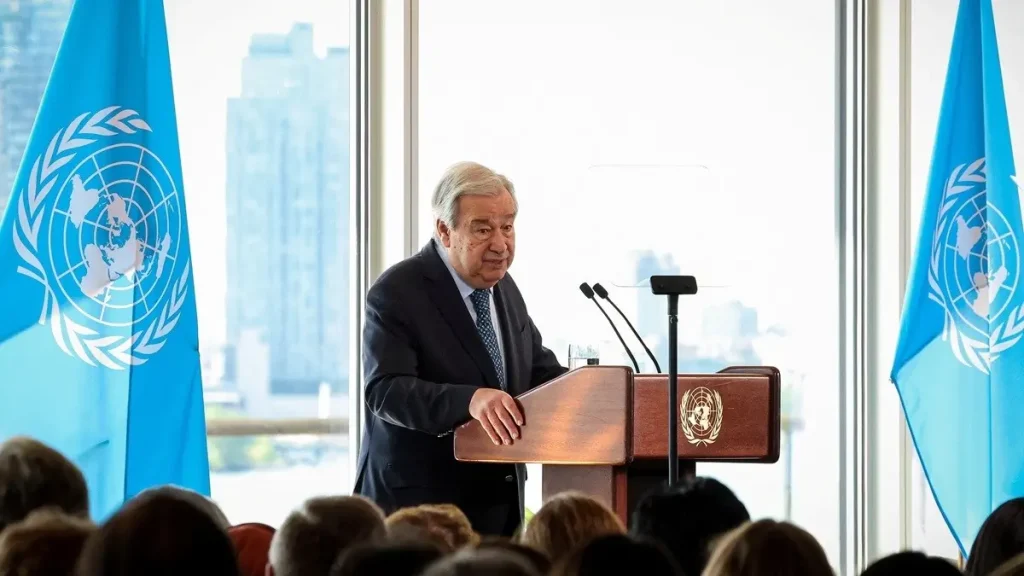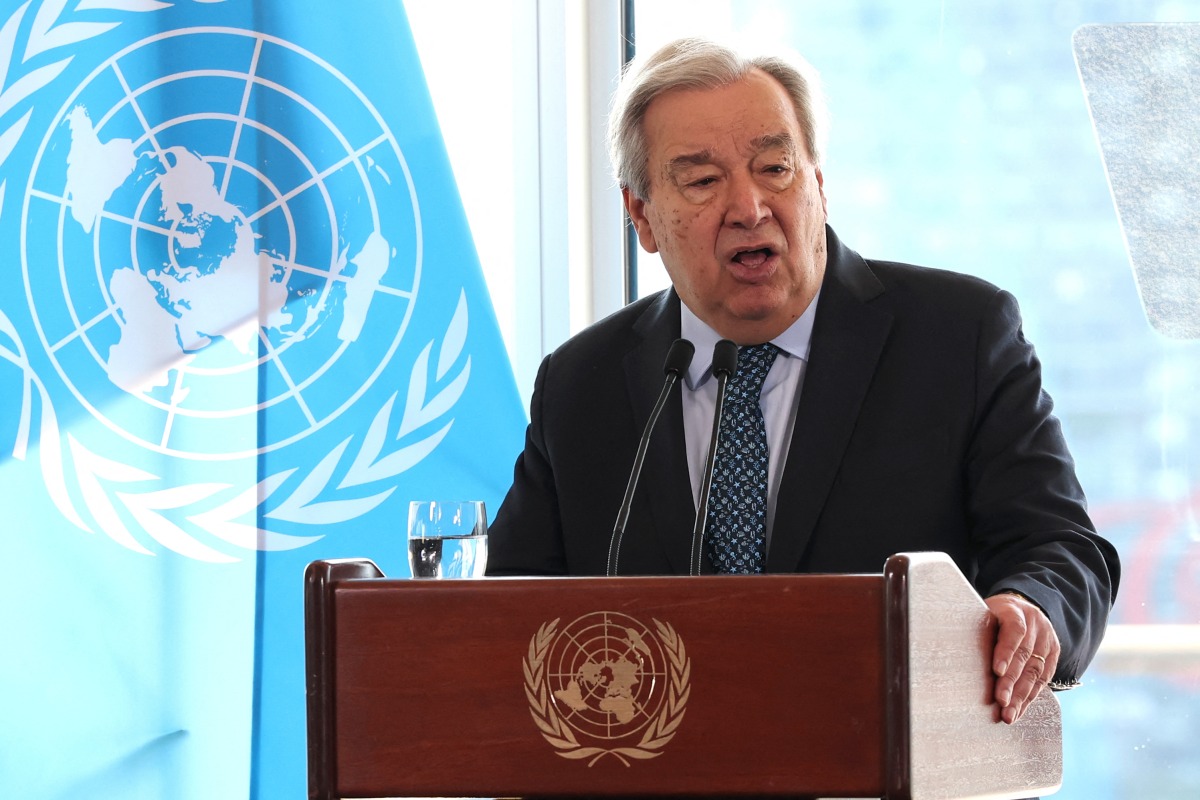United Nations Secretary-General António Guterres has called on the international community to reject the use of hunger as a method of warfare, during growing concerns about famine in conflict zones such as Gaza and Sudan.
Speaking via video to a UN conference in Ethiopia on Monday, Guterres highlighted the devastating impact of both war and climate change on food security around the world. “Climate change is disrupting harvests, supply chains, and humanitarian aid. Conflict continues to spread hunger from Gaza to Sudan and beyond,” he said. “Hunger fuels instability and undermines peace. We must never accept hunger as a weapon of war.”
In Gaza, the humanitarian situation remains critical after 21 months of war, with the crisis exacerbated by Israel’s full blockade on aid deliveries between March and May. Though some restrictions have since been eased, aid agencies say the current levels of assistance entering the territory are still far from sufficient to meet urgent needs.

The Israeli government, led by Prime Minister Benjamin Netanyahu, strongly denies allegations that it is using hunger as a military tactic. It has instead pointed the finger at international aid organisations, accusing them of failing to collect and distribute supplies that have already been transported to Gaza’s borders.
On Sunday, Israel implemented what it described as a “tactical pause” in fighting, allowing the UN and humanitarian partners to begin expanded aid operations. However, the World Health Organisation warned that malnutrition levels in Gaza were reaching “alarming” highs.
Beyond Gaza, Guterres also drew attention to the escalating crisis in Sudan. According to the UN’s International Organisation for Migration (IOM), Sudan represents the world’s worst—yet most neglected—humanitarian emergency. The country has been devastated by conflict since April 2023, when a brutal power struggle erupted between military leader Abdel Fattah al-Burhan and the commander of the Rapid Support Forces, Mohamed Hamdan Daglo. The violence has claimed tens of thousands of lives and forced over seven million people to flee their homes.


 Trending
Trending 